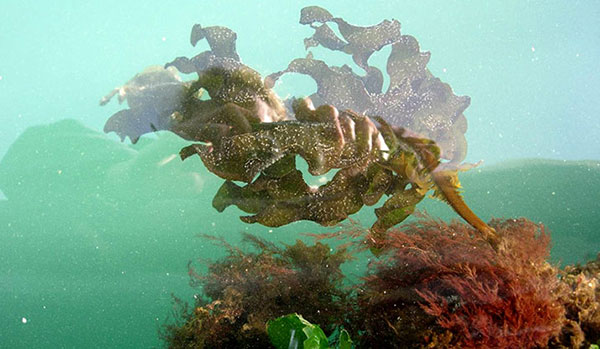Invasive Non-Native Species (INNS) are species of wildlife that do not naturally occur in specific regions of the UK (non-native) that have been introduced by the actions of humans and rapidly spread, out-competing native species (invasive). Only those that have serious negative impacts on our native species, our health or our economy are considered to be INNS.
There are a significant number of non-native seaweeds and marine animals that may be found in the marine environment including in ports and marinas, on boat hulls, on fishing gear and on natural shores.
Non-native species can threaten native species through competition for the natural environment, predation and disease. Raising awareness of INNS and recommended actions that Harbour users can take to help reduce the risk of introducing and encouraging the spread of INNS is vital to protecting the biosecurity of the Harbour and coastal environment.
